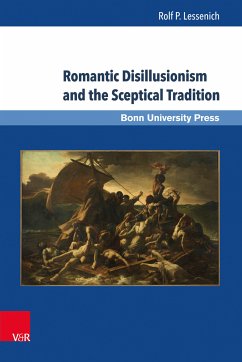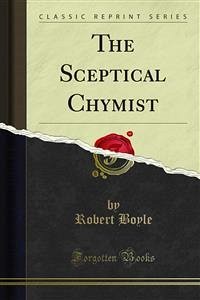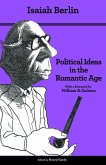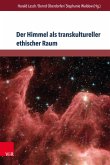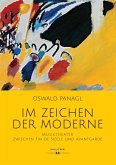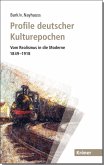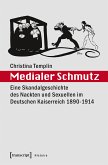Platonic Romanticism had a dark underside from its inception: Romantic Disillusionism, encompassing the Gothic and the new demonic doppelganger. The Classical Tradition's conflict between Plato and Pyrrho, foundationalism and scepticism, optimism and pessimism was thus continued. Lord Byron's was the most listened-to and echoed voice of Romantic Disillusionism in Europe, though by far not the only one. This comparative study of a multiplicity of sceptical English, French, German, Italian, Spanish, Russian, Polish, and Czech voices shows how traditional Pyrrhonic arguments were updated to suit the decades of the Romantic Movement, surviving as a subversive countercurrent to later Victorianism and resurging in the literature of the Decadence and Fin de Siècle.
Dieser Download kann aus rechtlichen Gründen nur mit Rechnungsadresse in A, B, BG, CY, CZ, D, DK, EW, E, FIN, F, GR, H, IRL, I, LT, L, LR, M, NL, PL, P, R, S, SLO, SK ausgeliefert werden.

